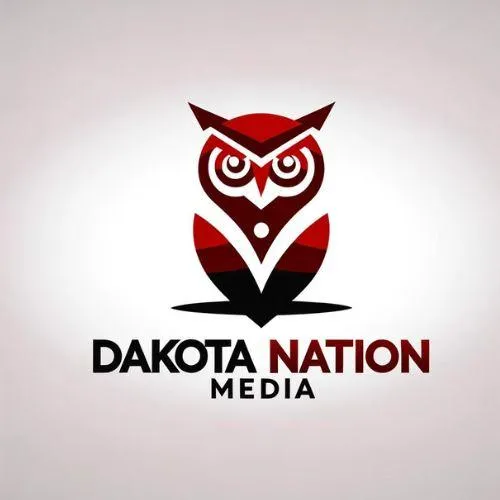IOP - Intense Outpatient Program
In the realm of addiction and trauma recovery, a new counseling program is making waves by diverging from the traditional methods typically seen in programs like Narcotics Anonymous (NA) and Alcoholics Anonymous (AA). The approach, known as Intensive Outpatient Program (IOP), is pioneering ways to integrate cultural practices and personal care into its therapy sessions, offering a tailored and responsive treatment plan that addresses the deep-seated issues of its participants. At the heart of this innovative approach is the integration of cultural elements, which plays a crucial role in the healing process. The program's founders, themselves veterans of conventional treatment methods, observed the effectiveness of incorporating cultural practices in recovery. This method, described as "calling their spirit back," aims to mend the fragmented mental health and addiction care systems by treating the person as a whole. The program uniquely addresses the underlying causes of addiction, such as grief, abuse (physical, emotional, spiritual, or sexual), and deep-seated pain from upbringing. Recognizing these sources allows the program to tailor its approach to the individual’s needs, encouraging participants to confront and verbalize their feelings as a step towards healing. The key to this approach is the use of traditional practices like sweat lodges, which are considered vital for spiritual healing and reconnecting individuals with their cultural roots. An integral component of the program is the use of equine therapy. Horses are remarkable for their sensitivity and responsiveness to human emotions, making them excellent partners in therapeutic settings. In this program, horses are not just animals but serve as counselors themselves. Participants interact with horses, learning to build trust and process emotions through the care and communication with the animals. This form of therapy is particularly effective because it allows participants to experience unconditional acceptance, helping them open up and address issues that are often buried deep. The program is led by Doug Widdow and Trooper James, who bring a wealth of experience to their roles. Doug has over 25 years of sobriety, and Trooper James is close to achieving 15 years of sobriety. Their leadership not only provides a strong role model for participants but also adds depth to the program's approach, reflecting their long-term personal commitments to recovery. The program is designed to be inherently flexible and
community-oriented. Unlike traditional settings where therapy is strictly scheduled, here the counselors are accessible anytime, willing to make house calls or organize immediate therapeutic activities if needed. This approach not only breaks down the barriers between professionals and participants but also strengthens communal ties. The group sessions are largely self-directed, guided by the principle that healing is most effective in a supportive, peer-led environment. This setup fosters a sense of agency among participants and builds a community where members feel empowered to support each other in times of crisis. Education about self-healing and cultural history is another cornerstone of the program. Participants are taught about the significance of their personal and cultural history, which is instrumental in building their identity and understanding their place within their community. This approach not only educates but also connects them to a lineage of strength and resilience. The program's curriculum also includes practical life lessons and role-playing scenarios that prepare participants to face real-world challenges post-recovery, reinforcing skills like self advocacy and resilience. The success of this counseling approach lies in its holistic treatment of the individual, blending traditional wisdom with modern therapeutic practices. By recognizing and nurturing the personal and cultural identities of its participants, the program not only helps them combat addiction and trauma but also empowers them to rediscover and reclaim their lives, proving that sometimes, looking back is the best way to move forward.


